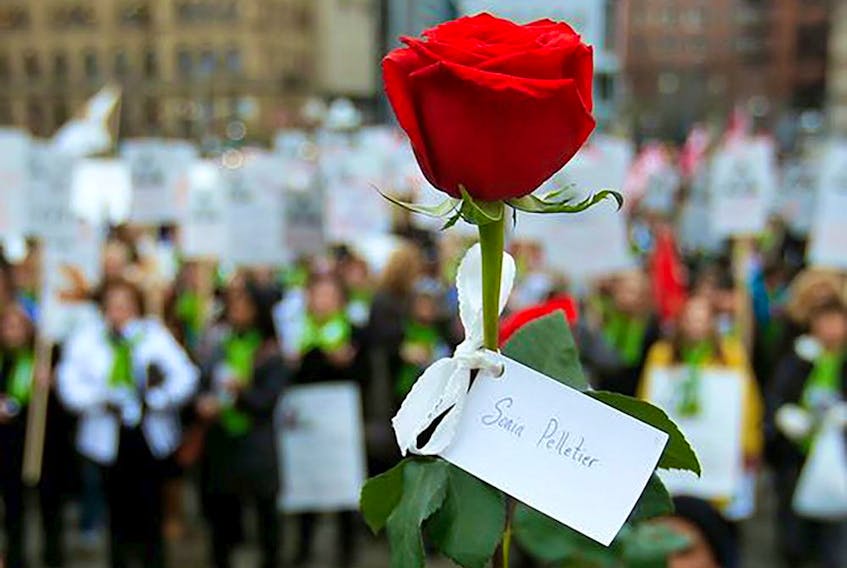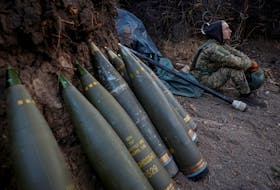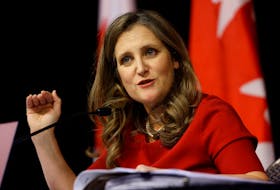This week started with Sunday’s annual acknowledgement of the Dec. 6 Montreal Massacre. Social and traditional media noted the grim anniversary.
Indeed, it did not escape anyone’s notice that the individual responsible for the deaths of 14 women was perhaps the first known incel, or involuntary celibate.
Perhaps less widely known was that Dec. 7 was the 50th anniversary of the tabling of the final report of the Royal Commission on the Status of Women.
The almost 500-page report contained 167 recommendations, arising from two years of work, including six months of public hearings, almost 500 briefs and more than 100 pieces of correspondence and additional testimony.
The Royal Commission was chaired by Florence Bird and its secretary was Monique Bégin, the first woman from Quebec elected to the House of Commons, and later the minister of health.
The commission recommended a national child care program (still a dream), pay equity (inconsistently implemented), and maternity leave (from three months to six months to a year to almost two years, with an option for parental leave for either partner, however still not at full replacement of wages). It also recommended sweeping changes to birth control (legalized in 1969), abortion (decriminalized in 1988), divorce, child support, the Indian Act and employment equity.
It led to the formation of the National Action Committee on the Status of Women, a coalition of national and provincial women’s groups, established to lobby for the implementation of the commission recommendations and which for a period of time held an annual lobby day of MPs from every major party.
The commission also resulted in the creation of federal and provincial status of women councils, the status of women funding program, which supported general and specific organizations at the regional level working on everything from daycare and workplace benefits to pay equity and constitutional reform.
It is with no small irony that while the declaration refers to the human family, it still uses man as the default and speaks about brotherhood.
The report was curiously silent on the matter of violence against women. It wasn’t until after the Montreal Massacre in 1989 that the federal government established a Canadian Panel on Violence Against Women. The blue ribbon panel was not the royal commission on violence against women Canadian feminists had asked for, but its 1993 report discussed and expanded on the definition of violence to include not only intimate partner violence and sexual assault, but also workplace harassment, stalking, ritual abuse, pornography and abuse of trust.
The panel was among the first to apply a diversity lens to its work. It considered the impact of violence from the point of view of lesbians, women with disabilities, older women, rural women, racialized and ethnic minority women, and poor women. It also examined institutional violence including the health, justice, military and education systems.
The panel laid the groundwork that led women to ensure the federal government would establish a royal commission to investigate the steadily increasing numbers of missing and murdered Indigenous women in Canada.
It hasn't escaped my notice that this column appears on Dec. 10, International Human Rights Day. One of the commissioners for the Royal Commission on the Status of Women was John Humphrey, legal scholar and drafter of the United Nations’ Universal Declaration on Human Rights.
It is with no small irony that while the declaration refers to the human family, it still uses man as the default and speaks about brotherhood. Fifty years may have passed since Florence Bird completed her task, but we still have a lot of work to do. We only need look at the impact of the COVID-19 pandemic on women’s economic status — the “she-cession,” as some have termed it — to see how unequal our systems can be.
The UN declaration states “everyone has the right to life, liberty and security of person.”
How about this time we really work on making that true for all women?
Martha Muzychka is a writer living in St. John’s. Email [email protected]









